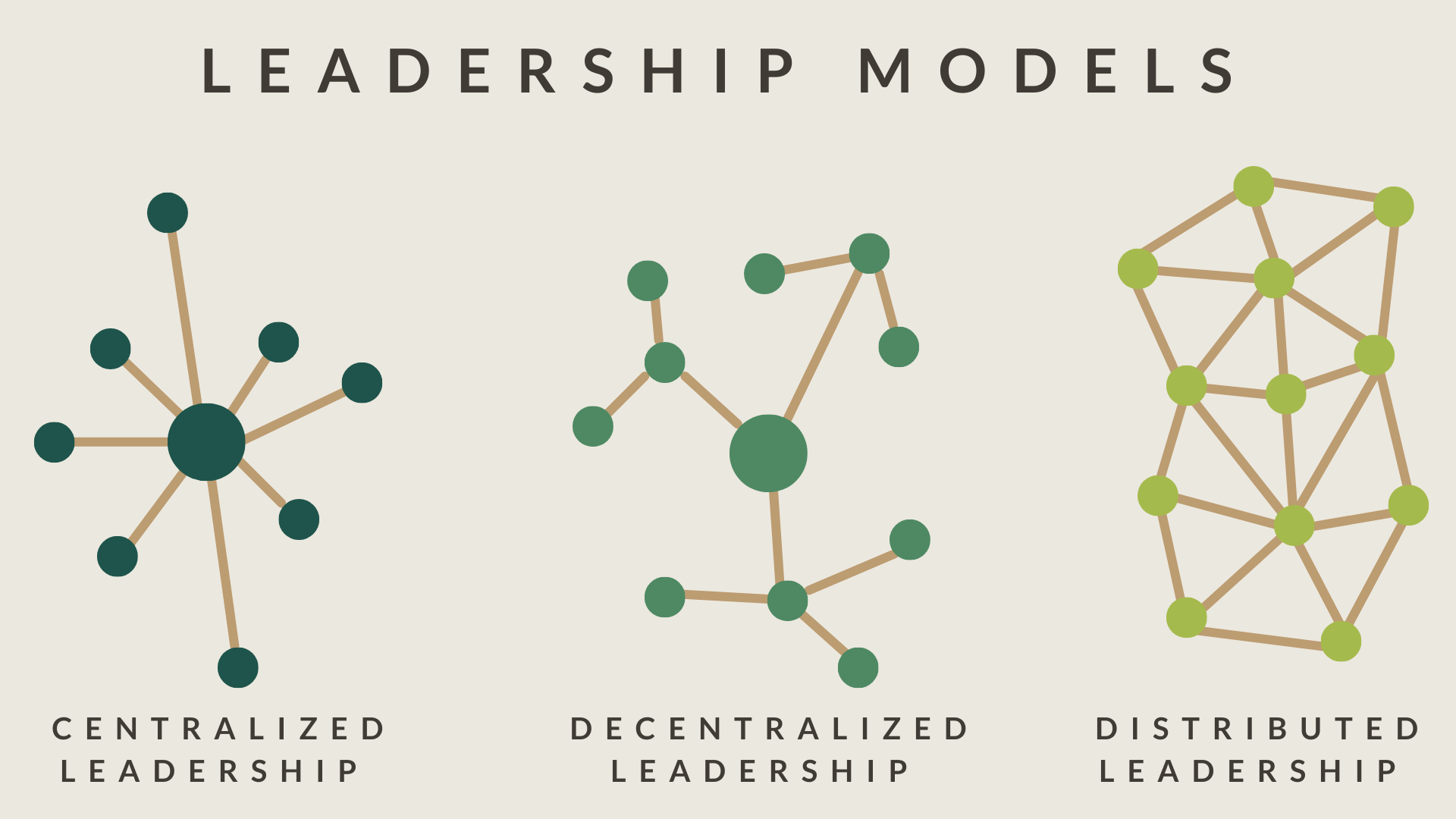Looking back at a decade of service — and forward to our next ten years !
/For SJC’s 10-year anniversary, SJC Founder Debra Italiano and Founding Advisor Ashwani Vasishth look back at SJC’s origins, and a decade of making Jersey City a greener, more sustainable place to live and work.
What led you two to found an organization like SJC?
ASHWANI: I came to Ramapo College of New Jersey in Mahwah, Bergen County, as an Associate Professor of Sustainability in 2009. All my work to this point had been in an urban setting, specifically, Los Angeles. So, I looked around me for a distinctly urban context to situate my participatory research work, and my gaze fell to Jersey City. I happened to collaborate with Debra on a Washington Park project.
Deb was one of the very few individuals I had encountered in my decades of work in sustainability who thought natively in a systems perspective. She understood the importance of taking a multi-perspective and participatory approach to depicting any given reality.
DEBRA: I was a Board Member of Washington Park Association when I collaborated with Ashwani on our award-winning Green Infrastructure (GI) project — stormwater management and flooding mitigation using a permaculture approach. After our collaboration, Ashwani and I started to explore opportunities for sustainability projects that had interconnecting systems solutions and a balanced ecological approach across social, environmental and economic considerations.
We both agreed that Jersey City hadn’t quite caught the sustainability wave despite its proximity to NYC, which was buzzing with sustainability-focused activity. We met with a number of community organizations to share our vision for more such innovative demonstration projects, gained their input, and attracted about a dozen other people interested to work on the initiative.
ASHWANI: We felt that Jersey City was awash with non-profit organizations, all working in their own turf-constrained and parochial way on narrow slices of the world. We knew that:
We wanted a city-wide focus for Jersey City
We wanted to take an explicitly systems-oriented approach to urban sustainability
And we wanted to start at the grassroots and work outward from there
So, we did. And SJC was born. The rest, as they say, is history — and historic for us.
What values does SJC hold at its core?
DEBRA: Collaboration and teamwork, both within our organization and with individuals and organizations outside of SJC, is one of our core values. We believe in the motto “Better Together”. This value allows us to accomplish quite a bit, as we leverage expertise and resources across the city. We always look for multiple community stakeholders that could benefit from our project work, and we never go into a grant proposal without at least one other stakeholder group involved.
ASHWANI: We take a “distributed leadership” approach to how we operate. The organization is made up of a constellation of people who are managing projects and teams independently, yet functioning as part of an integrated set of teams across the organization. It seems to work very well for us.
DEBRA: We are a learning community and constantly look to evolve our understanding of the myriad scientific, academic, market-related, governmental and specialized fields of practice within the sustainability and resiliency movement. We are always educating ourselves within SJC, and make every effort to share this knowledge with our volunteers and the public via our digital communications platforms, our annual flagship Certificate Program In Urban Sustainability, and even at our social events.
How has SJC’s volunteer base evolved over the years?
ASHWANI: The only reason the two of us have managed to get to where we are is because of an amazing and astoundingly diverse and talented group of Jersey City residents, who, over the years, have come to play with us on the perpetually evolving stage that is SJC. You have to understand that running a volunteer organization is a very heavy lift. Most smart people have full lives, and there is a limit to how much time they can give. Initially, our volunteer leaders would burn out within six months. But we have learned to work differently. Folks still come and go — life happens to all of us — but our leadership participation is way more stable than it was in the early days.
DEBRA: We have four tiers of membership within SJC — Honorary Charter Members, Volunteer Team Members, Core Team Leads, and Board Members. We also have a lot of advisors, and I’d say that we have arrived at a high level of skilled key people who are guiding SJC at both the project level and organizational level. We are blessed with a cadre of really smart and experienced people who are interested in making Jersey City a more sustainable and resilient place to live and work, and everyone teams together really well.
What have been significant challenges that SJC overcame?
DEBRA: For many years we focused on small but impactful demonstration projects and were not able to scale our activities, primarily due to the lack of funding. Now that we have incorporated as a non-profit, we have been able to seek funding and access tools to ramp up our activities to citywide efforts such as launching research studies and leveraging educational projects into campaigns with institutional partners. This is a huge challenge we have overcome, and we’re looking forward to scaling up our projects and campaigns to serve Jersey City even better.
Another challenge we have, that we are working on but have not yet overcome, is managing a large virtual volunteer network and making sure everyone has a positive experience while getting work done. We have set goals to tackle a variety of value-added programs for our volunteer network over the next year, and I’m confident that SJC will remain a preferred volunteer experience in Jersey City.
ASHWANI: One of the most significant tensions we have had to deal with is fairly well established in urban planning theory — the tension between conventional top-down, expertise-led and bureaucratic planning and a more diverse and robust bottom-up and middle-out participatory planning. There is much to be said for educated expertise, and the average public citizen rarely has the time or opportunity to think through the nuances and complications so inherent in most city and community planning issues.
But a savvy, stakeholder-based model of participatory planning offers an alternative to thoughtless public participation. Most professional planners — who usually are trained in planning theory but not in participatory decision making — think of “public participation” as either an exercise that informs the public about decisions that are being made (perhaps with opportunities for “feedback”), or as a talk session that is actually geared to simply persuading the public that what is being done is the right thing. For us, participatory grassroots planning is something that gives stakeholders the opportunity to make actual and meaningful decisions. We’re working on bridging this divide through more public partnerships, and extensive community education.
What was the most memorable SJC campaign or project in these past 10 years?
DEBRA: For me, it was the permaculture project in Washington Park. It saw 250,000 gallons diverted from our sewer system annually, and eventually led to the origins of SJC as an organization. To this day Green Infrastructure — be it building-related (Green Roofs and Green Walls), Streetscapes (Rain Gardens and Bioswales) or Trees — remains one of SJC’s three primary focus areas, alongside Emissions Reduction and Waste Streams.
ASHWANI: As an educator, the most remarkable campaign for me is the Urban Sustainability Certificate Program we offer each year in the spring, where we engage residents at a deeper level on Jersey City’s sustainability issues and solutions at play. For SJC, and residents, I think the most impactful campaign is the Tree mapping census — or the ‘We Can’t Manage What We Don’t Measure!’ campaign for Tree Canopy restoration.
What’s your vision for SJC in its next decade?
DEBRA: As a homegrown non-profit, I think we are tasked with bringing in the best thought leaders to help us educate, engage and empower community stakeholders to become civic stakeholders-in-action. SJC can offer technical advisory and program leadership, but there needs to be a mobilization of the public on behalf of the neighborhoods we live in. SJC is a catalyst organization, but I would really like to see neighborhoods and citywide organizations embrace a collaborative focus, and self-organize around progressive citizen-led initiatives like participatory planning and participatory budgeting as a new addition to governance in the city — sounds like a referendum to me!
ASHWANI: I think I would like to see three things happen within the next ten years:
That SJC develops a robust and durable relationship with many of the agencies within the city of Jersey City
That SJC moves closer to a truly decentralized leadership model that was the founding image of the organization (read The Starfish and the Spider: The Unstoppable Power of Leaderless Organizations)
That SJC gets more and more effective at onboarding, managing and retaining volunteers
Anything you’d like to say to all our supporters, volunteers and partners?
ASHWANI: You’ve been the reason for our success. Stick with us, keep coming back. And tell us what we ought to do differently.
DEBRA: Thank you, thank you for all your support! At every turn, there was always a question about how best to contribute with activity that would forward the momentum in Jersey City, given the urgency of climate change. What we have found is that community stakeholders have been very responsive to partnering with us, in action and in learning, so we can all be part of a ramping up of progressive solutions and best practices. I would say we are finally ‘on the move’, and I salute the many, many people getting into the canoe and rowing with us!






